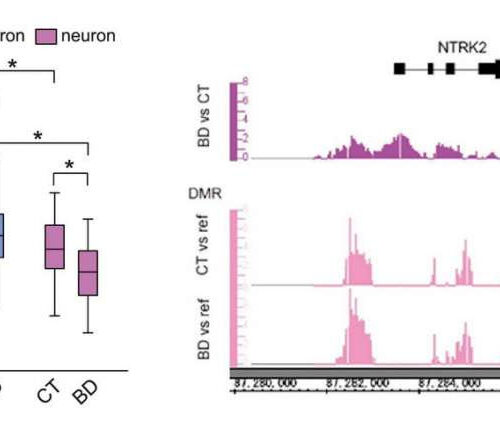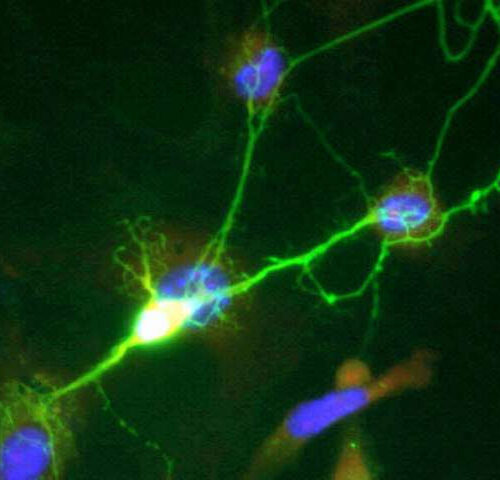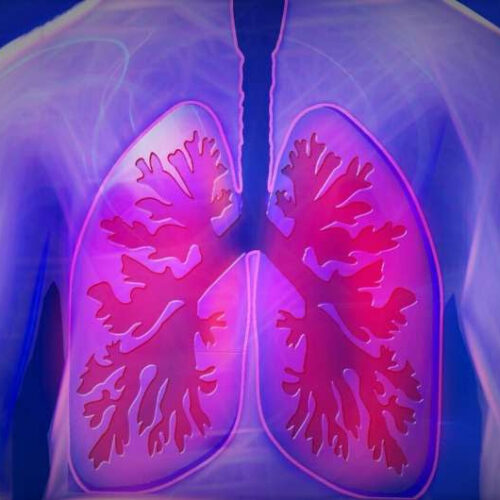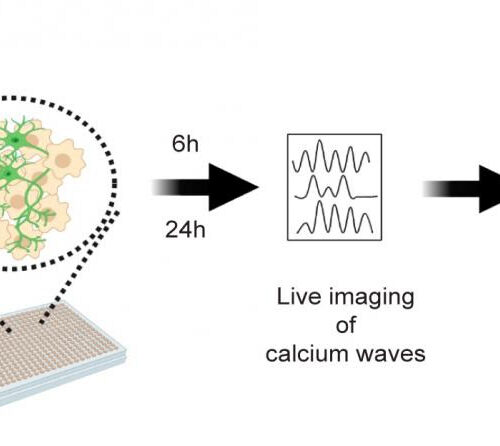by Michael Sheffield, St. Jude Children’s Research Hospital From left: Hanwen Zhu, Ph.D.; Ji Sun, Ph.D.; and Patricia Hixson, Ph.D., all of St. Jude Structural Biology, have determined the detailed structure of an enzyme whose mutated forms are known to cause Parkinson’s disease. Credit: St. Jude Children’s Research Hospital Structural biologists at St. Jude Children’s Research Hospital have determined the...
DNA methylation changes in neurons of bipolar disorder patients
by Kumamoto University (Left) The number of hypermethylated DNA regions in both neuronal and non-neuronal cells is reduced in the bipolar patient group (BD) compared to the healthy group (CT). (Right) Methylation status of the BDNF (brain-derived neurotrophic factor) receptor gene (NTRK2), which is important for mental and neurological functions. The upper panel shows the hypermethylated...
Bacterial meningitis and dementia: Different diseases with common aspects
by Karolinska Institutet Credit: Public Domain Researchers at Karolinska Institutet describe the relationship between infectious agents and dementia in an article recently published in Frontiers in Cellular Neuroscience. Bacterial infections of the brain and neurodegenerative diseases represent two pathologies that are commonly considered far away from each other. “The article sheds light on the relationship between infectious diseases,...
New study mixes vaccine doses to boost immunity to COVID and variants
by University of Rochester Medical Center Credit: Unsplash/CC0 Public Domain The University of Rochester Medical Center (URMC) is participating in a new clinical trial that will mix and match the initial regime of an approved vaccine with a booster dose from a different manufacturer. The research will help inform public health decisions around re-vaccination schedules and...
Collagen stiffness plays role in asthma, could lead to targeted treatment
by American Physiological Society Credit: CC0 Public Domain A new study finds that manipulating the stiffness of the collagen-based support structure of airway cells could lead to a new treatment for asthma. The study is published ahead of print in the Journal of Applied Physiology. Asthma is a respiratory condition that affects more than 300 million people...
NIH researchers identify novel small molecule inhibitors of SARS-CoV-2 variants
By Dr. Sanchari Sinha Dutta, Ph.D.Jun 8 2021 A team of scientists from the National Institutes of Health (NIH), USA, has recently identified six novel small molecule inhibitors of severe acute respiratory syndrome coronavirus 2 (SARS-CoV-2) and its variants. The study is currently available on the bioRxiv* preprint server. Study: A hybrid in silico approach reveals novel inhibitors of...
Non-altered birth cord cells boost survival of critically ill COVID-19 patients
ALPHAMED PRESS IMAGE: ISMAIL HADISOEBROTO DILOGO, PROFESSOR OF MEDICINE AT CIPTO MANGUNKUSUMO CENTRAL HOSPITAL-UNIVERSITAS INDONESIA, CORRESPONDING AUTHOR OF THE STUDY. CREDIT: ALPHAMED PRESS Durham, NC – Critically ill COVID-19 patients treated with non-altered stem cells from umbilical cord connective tissue were more than twice as likely to survive as those who did not have the...
Motor neurons derived from patients point to new possible drug target for ALS
BOSTON CHILDREN’S HOSPITAL IMAGE: This high-throughput screening system is designed to identify compounds that decrease motor neuron hyperexcitability, a cardinal feature of ALS. Motor neurons derived from patients with ALS are cultured in 384-well plates, and compounds from chemical libraries of small molecules against known molecular targets are added after 3-4 weeks. Live GCaMP imaging,...
Preclinical study suggests new approach to reduce COVID-19 death among the elderly
UNIVERSITY OF MINNESOTA MEDICAL SCHOOL MINNEAPOLIS/ST. PAUL (06/08/2021) — New research from the University of Minnesota Medical School and colleagues at the Mayo Clinic reveals a possible new approach to preventing death and severe disease in elderly people infected with SARS-CoV-2. The researchers demonstrated in a preclinical study that senolytic drugs significantly reduced mortality upon infection from...
Researchers identify gene linked to congenital heart disease
ELIFE New insight on the link between a gene called SORBS2 and congenital heart disease has been published today in eLife, with findings that may help explain the cause of the disease in some patients. Some people with congenital heart disease are missing part of the long arm of chromosome 4, otherwise known as chromosome 4q....








